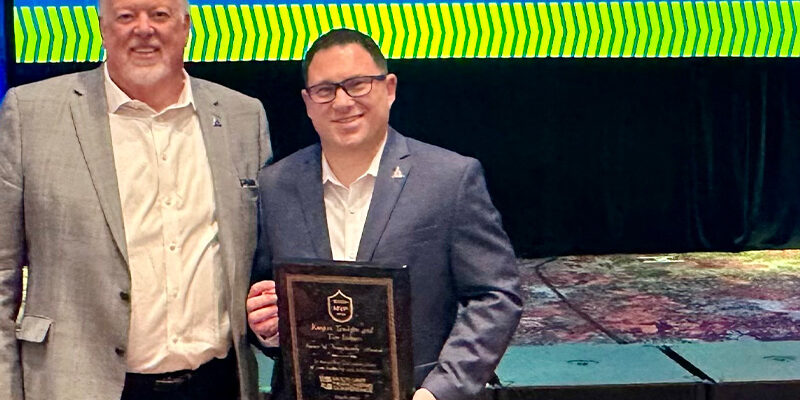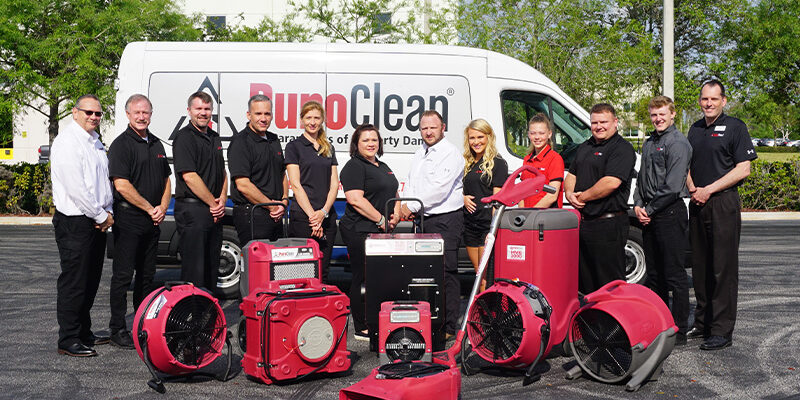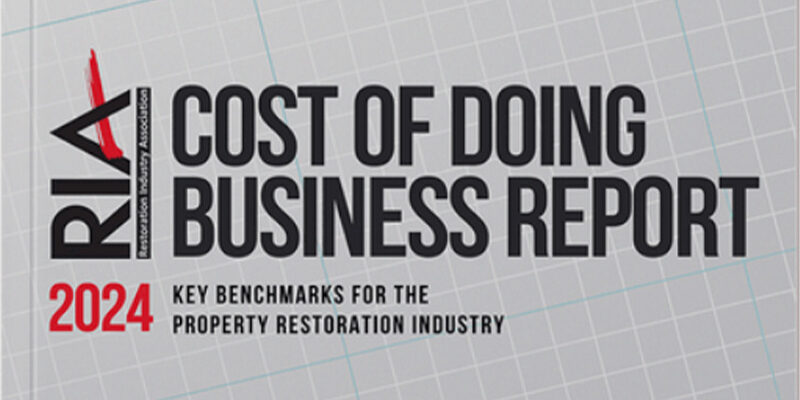Unintended Consequences of Being a Hands-on Owner

By Chuck Violand
Perhaps you’ve heard of the “business owner’s beatitudes.” Some of the more popular ones are:
- “Blessed are the owners who work on their businesses and not in them.”
- “Blessed are the owners whose businesses are not dependent on them.”
- And one of my personal favorites, “Blessed are the owners who surround themselves with people smarter than they are.”
These are all great, and most owners would agree they are worthy goals to work toward. But this is where the rub comes in: While we may be able to recite the beatitudes, many of us struggle with the reality of what to do once we achieve them.
Having worked closely with small business owners for over three decades, I can say with confidence that there is frequently a disconnect between an owner’s words and his actions.
Most businesses aren’t started by people whose lifestyles include sitting quietly on a beach with their toes in the sand. At least not in the early years. They’re started by those whose bodies are constantly in motion and whose minds are always in the “on” position. There’s no leaning on broom handles, playing solitaire on the computer, or taking the longest, most scenic route to a job. These are high-energy, impatient, and sometimes abrasive folks with a single focus and passion for the business they’ve chosen to build.
These qualities are valuable assets, ideally suited for launching and building a business, but they become liabilities when the company is older or when it’s scaling at a pace that no longer sets the owner’s hair on fire. This is when an owner’s newly found “free time” can become very costly. Because, rather than doing what we should be doing with our time, we engage in activities that we’re comfortable doing as a hands-on owner.
Unfortunately, this is not a one-time event. We experience this dilemma at various stages of our business. We see it when we hire or promote our first manager to manage the workers and handle the daily annoyances that took up so much of our time and emotional bandwidth. We experience it when our company is running smoothly; when customers are happy, workers are enjoying their jobs, projects are getting done on time, and profits and cash flow are healthy. We even experience it at the end of our career when we’re fattening the calf for market. This is when we often have extra time on our hands and catch ourselves wondering what to do with it … or doing the wrong things.
On an intellectual level, most entrepreneurs understand the need to work on their businesses. But the reality is that many of us are so addicted to being active, so fixated on our goals from years of being fixated on our goals, that we don’t know how to work on our business. So, we default to working in it.
We don’t know what to do with ourselves when we have time on our hands. While this might sound like a dream to some, it’s not to many entrepreneurs, and it can cause real angst to an owner whose sense of purpose has become blurry and who sees no outlet for their physical and mental energy. This combination can also cause a real disruption to their company.
Many entrepreneurs struggle to transition from performing tasks as a hands-on owner to leading people. But once the goals the owner worked so hard to accomplish have been met and the company no longer requires the owner’s undivided attention, it’s a needed change. Regardless of the age of the business or owner, effectively making this transition will have a defining impact on how successful the company will continue to be.
Here are some of the things we should, and should not, be doing with our time.
Stop being the firefighter
Entrepreneurs are famous for our “firefighter” dispositions. We love jumping into the middle of burning problems. Solving them is where we get our adrenaline rush, where we’re comfortable and derive our sense of purpose. Despite any complaints to the contrary, this is where we feel valued.
Once things calm down and we have time on our hands but no fires left to put out, we can feel a loss of purpose. Some of us respond by lighting matches to start more fires, stoking not only the flames, but also our own sense of value.
There will always be fires, but as our business grows, our job should transition from firefighter to fire chief. Our responsibility then is to determine how the fire started to prevent similar ones from happening in the future. It is also to lead our people as they become the firefighters, rather than battling the flames ourselves.
If we never grow beyond our need to personally fight fires, then our company and our people will not continue to grow.
Focus on opportunities
Focusing efforts on ways to increase business is the job of every founder, and it starts the day our business launches. While this responsibility never goes away, it does change as the company grows and matures.
Opportunities for growth aren’t limited to finding more customers, diversifying business, or discovering ways to operate more profitably. While these tasks are important, the responsibility for some of them is delegated to others, allowing us, as the owner, to shift our focus.
Now is the time to devote more attention to enriching the culture that’s been established within the company. This isn’t accomplished by attending a workshop or by reading a few books or web articles on culture change. It is accomplished through our daily actions, through the way we interact with our people and our customers. It happens when people see the standards of behavior that are expected within our company … and those that will not be tolerated.
For many owners, this is also an opportunity to focus more attention on what I refer to as the “them” phase of business. It’s no longer just about the owner (me), and it’s not only about building the team (we). This is when we consider the legacy of the company—its impact on and place within the community and its impact on the lives of those within the company.
It’s only natural that founders who have spent their careers building a business, making decisions, and solving problems as a hands-on owner would struggle with what can feel like leading from behind. But it’s the ones mastering this transition who end up coming out ahead.
Chuck Violand is the founder and principal of Violand Management Associates (VMA), a highly-respected consulting company in the restoration and cleaning industries. Through VMA, he works with business owners and companies to develop their people and profits. To reach him, visit www.violand.com or call 800-360-3513.












